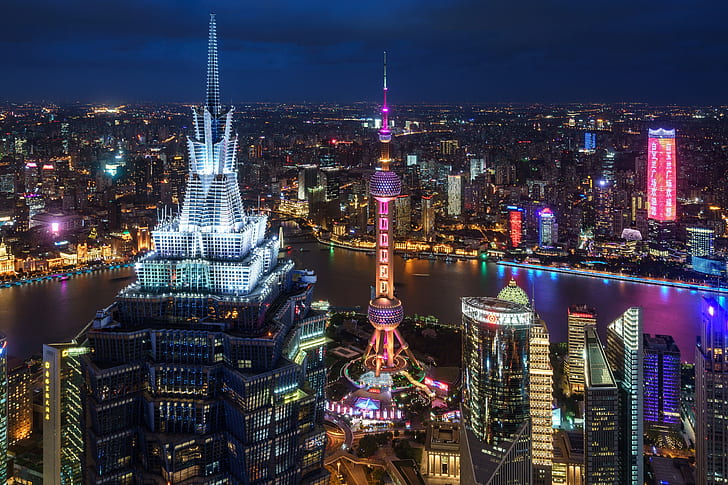China’s service outsourcing industry saw steady expansion in the first seven months of this year, according to the Ministry of Commerce.
Chinese firms undertook service outsourcing contracts worth 1.26 trillion yuan (about 175 billion U.S. dollars) during the period, up 15.5 percent year on year.
Of the total, the value of offshore service outsourcing contracts rose 17.1 percent year on year to 719.5 billion yuan.
In the January-July period, the industry welcomed about 370,000 new hires, with 72.6 percent of these individuals holding a university degree or above.
Outsourcing refers to hiring an outside party to carry out services or produce goods typically undertaken by in-house employees.
China’s services consumption experienced strong recovery momentum in July, with the box office as a bright spot, data from the Ministry of Commerce showed.
In July, the box office earnings reached a new historical high for the month, amounting to 8.72 billion yuan (about 1.21 billion U.S. dollars). The reading was about 2.5 times registered in the same month last year, according to the ministry.
Propelled by improving consumer sentiment and pro-growth policies, demand for traveling and catering was further unleashed. In July, the income of the catering industry reached 427.7 billion yuan, surging 15.8 percent year on year.
Last month, the number of passenger trips operated by railway and air soared 80.9 percent and 83.7 percent, respectively, the ministry said.
The consumer market continued to grow rapidly, as retail sales of consumer goods increased by 2.5 percent year on year last month to nearly 3.7 trillion yuan, data revealed.
China’s financial authorities have stressed efforts to enhance financial support for the real economy, as well as to prevent and defuse local-government debt risks.
Financial support for the real economy should be strong in intensity, steady in pace, sound in structure and sustainable in prices, the People’s Bank of China said in a statement released Sunday after a joint meeting with the National Financial Regulatory Administration and the China Securities Regulatory Commission.
The country’s economic recovery has been a wave-like development and a tortuous process, according to the statement, which urged efforts to push for the continuous improvement of economic performance, endogenous driving force and social expectations, and continuously defusing risks and hidden dangers.
The country vowed to strengthen credit support for micro, small and medium-sized enterprises as well as sectors such as green development, technological innovation and manufacturing, the renewal of urban villages and the construction of public infrastructure that can be used both in everyday life and emergencies.
It also pledged to make the financial support for the real economy more sustainable, and ensure that the financial sector plays a positive role in boosting consumption, stabilizing investment and expanding domestic demand.
At the meeting, financial authorities pledged efforts to enrich policy tools and measures for preventing and defusing debt risks, while intensifying the mechanisms for risk monitoring, assessment, prevention and control, and pushing forward the risk management work in key regions to firmly protect the bottom line of no systemic risks.
Shayne Heffernan









